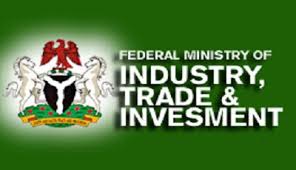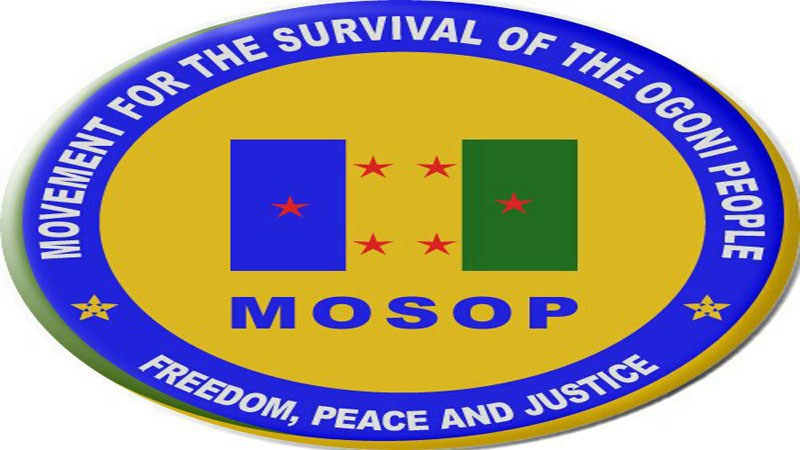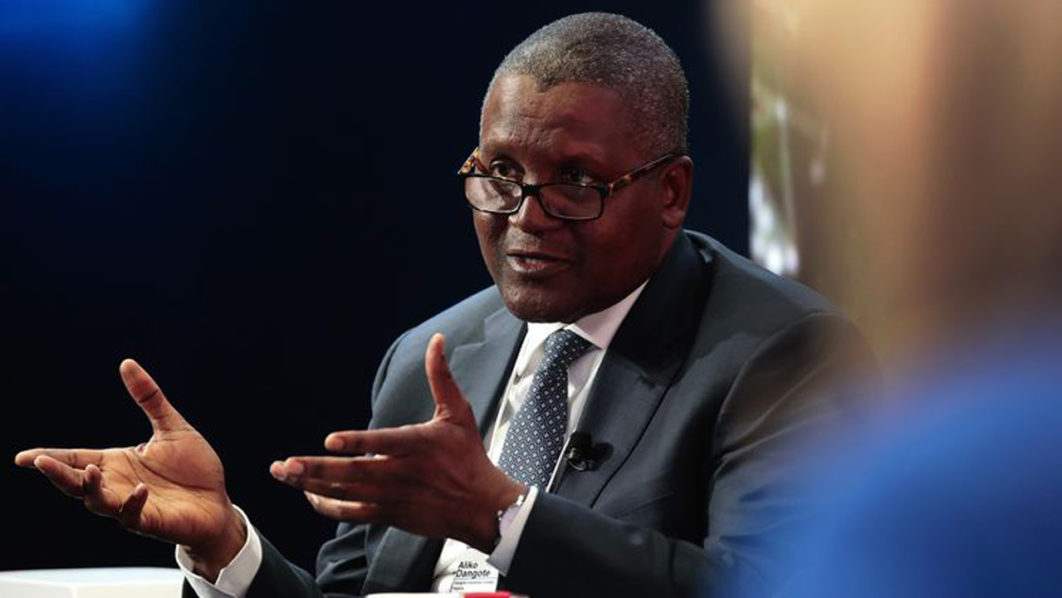Recession, ease of doing business forcing CBN to dump financial inclusion campaign
When the current little or no speed with which the Central bank of Nigeria (CBN) is driving its campaign on financial inclusion is compared with what it used to be before the advent of recession, indications are rife that the scheme may have been jettisoned.
Besides, the sudden collapse of the speed is further manifested since the World Bank report on ease of doing business placed Nigeria at a very embarrassing position after all.
Before now, the apex bank had been on the vanguard of pushing for the capture of many business owners especially Small and Medium Enterprises (SMEs), but nothing much has transpired in that regard since recently, suggesting that the heat in the kitchen may have overshadowed the campaign.
Already, industry observers have argued that the current economic challenges, which have led to massive job losses in some sectors of the economy, as well as closure of some businesses, are having a negative impact on the financial inclusion target of the apex bank.
More of the above formed the pivot of discursions at the recent third annual symposium of the Nigerian Microfinance Platform with theme, ‘Enhancing savings mobilisation through mobile money, agent banking and digital money’.
In her submission during the summit, Managing Director, Enhancing Financial Innovation and Access, Mrs. Linda Quaynor, averred that revelations from survey conducted by the agency showed that while regulations around financial services innovation had improved opportunities for savings mobilisation, the use of formal savings products and services in Nigeria was just about half of the 2020 target of the apex bank.
Released figures on the matter show that the camping did not achieve mush between last year and this year when compared to previous years.
For instance, she said while the CBN’s national financial inclusion strategy target for the payment system was put at 70 per cent by 2020, the country had only achieved 38 per cent of that target as of 2016.
On savings, with target of 60 per cent of adult population by 2020, Quaynor said the country was still far behind at 36 per cent.
Also, for credit, insurance and pensions with target rate of 40 per cent by 2020, she said the country had only been able to achieve three per cent, two per cent and five per cent, respectively as of the end of last year.
According to the Access bank official, “Over the last 10 years, the CBN has implemented policies and programmes to improve savings mobilisation. From 2015, Nigeria started experiencing economic crisis due to the decline in oil output. This also led to the reduction in the Federal Government’s expenditure”.
“Although regulations around financial services innovation have improved opportunities for savings mobilisation, the use of formal savings products/services in Nigeria is still just over 50 per cent of the 2020 National Financial Inclusion Strategy,” Quaynor said.









